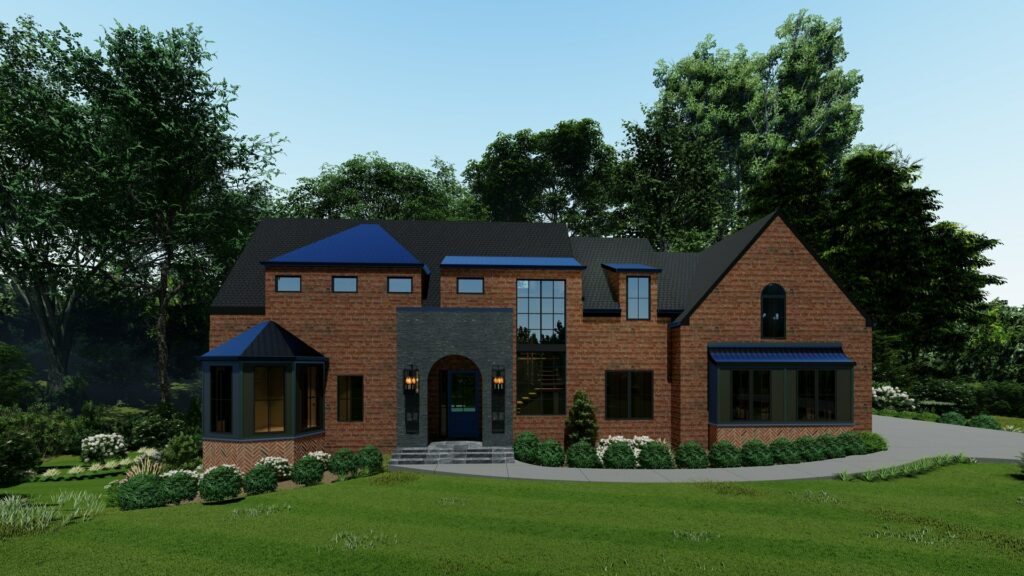
What Is A Preliminary Building Agreement And Do You Really Need One?
When embarking on the journey of building a new home, many people focus on the big picture—envisioning their dream house, choosing the perfect lot, and deciding on the architectural style. However, before laying a single brick, there’s a crucial step that is often overlooked: the Preliminary Building Agreement (PBA). Understanding what a PBA is and why it might be essential for your project can save you time, money, and stress in the long run. This blog will dive into the nuances of Preliminary Building Agreements, explaining their purpose, benefits, and whether you need one for your next construction project.
What Is a Preliminary Building Agreement?
A Preliminary Building Agreement, often referred to as a pre-construction agreement, is a formal contract between you and your builder that outlines the initial steps required before actual construction begins. It is typically used for custom home builds or significant renovations where a considerable amount of planning and preparation is necessary. The PBA covers various aspects, such as site analysis, preliminary designs, cost estimations, and even securing permits.
This agreement is not a commitment to build but rather a commitment to collaborate on the essential groundwork required to create a comprehensive and accurate building contract. Think of it as laying the foundation for your project—not physically, but contractually.
Why Are Preliminary Building Agreements Important?
- Clarity and Communication: One of the primary benefits of a PBA is that it ensures both parties—homeowner and builder—are on the same page from the start. By outlining the scope of work, timelines, and costs associated with the preliminary stages, a PBA eliminates misunderstandings and sets clear expectations.
- Detailed Planning: A PBA allows for thorough planning, which is crucial for avoiding costly surprises later in the project. This includes analysis of site surveys, soil testing, and preliminary designs that provide a clear picture of what the construction process will entail.
- Accurate Budgeting: Without a PBA, initial cost estimates can be little more than educated guesses. The detailed planning phase under a PBA helps create a more accurate budget, giving you a realistic understanding of what your project will cost. This can prevent sticker shock when the final contract is drawn up.
- Legal Protection: A PBA provides legal protection for both you and the builder. It ensures that both parties have a clear understanding of their responsibilities and what will be delivered during the preliminary phase. Should disputes arise, the PBA serves as a reference point for resolving them.
- Commitment Without Full Engagement: If you’re still in the decision-making process and not entirely ready to commit to a full construction contract, a PBA offers a way to engage with a builder without being locked into a complete construction agreement. It’s a way to test the waters and see if the builder is the right fit for your project.
What Does a Preliminary Building Agreement Typically Include?
A well-drafted Preliminary Building Agreement typically covers the following elements:
- Scope of Preliminary Work: This section details what the builder will do during the preliminary phase, such as site inspections, design concepts, and cost estimations.
- Cost of Preliminary Work: The PBA will outline the fees associated with the preliminary work. These fees are usually a percentage of the total project cost or a fixed fee based on the complexity of the project.
- Timeframes: The agreement should specify how long the preliminary work will take, providing a timeline for when you can expect the final designs and cost estimates to be completed.
- Transition to Full Contract: The PBA should include provisions for transitioning to a full construction contract if you decide to proceed with the build. This might involve rolling over the preliminary fees into the total project cost.
Do You Need a Preliminary Building Agreement?
Whether or not you need a PBA depends on the scope and complexity of your project. For straightforward, smaller builds where the design and construction processes are well-defined, a PBA may not be necessary. However, for custom homes or large renovations, where a significant amount of upfront planning is required, a PBA can be invaluable.
Consider a PBA if:
You’re building a custom home that requires extensive design work. Your project involves significant renovations that need detailed planning. You want to minimize the risk of cost overruns and project delays. You’re not yet ready to commit to a full construction contract but want to start the planning process.
Conclusion
A Preliminary Building Agreement is more than just a formality; it’s a critical tool that sets the stage for a successful building project. By ensuring clear communication, detailed planning, and accurate budgeting, a PBA can save you from headaches down the road. If your project is complex or if you’re still in the early stages of decision-making, a PBA might just be the key to turning your vision into reality without the stress of unforeseen issues. Consider it a smart first step on the path to building your dream home.